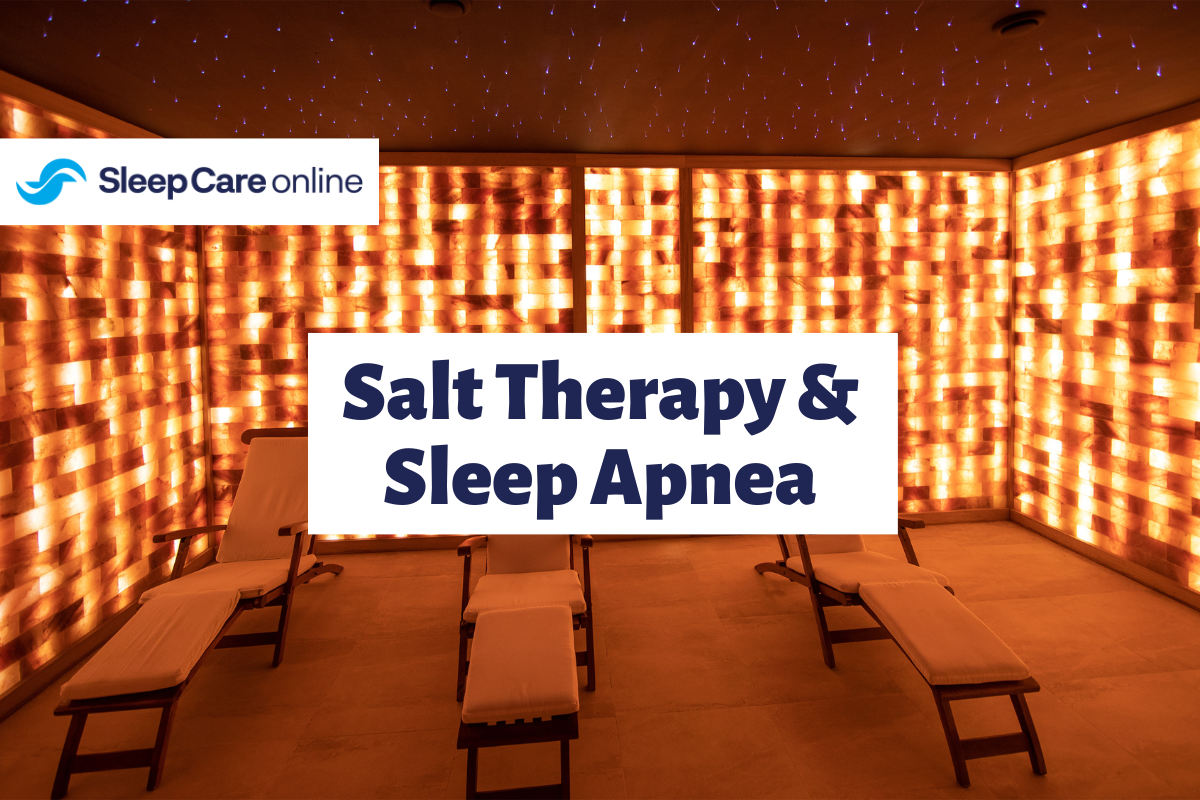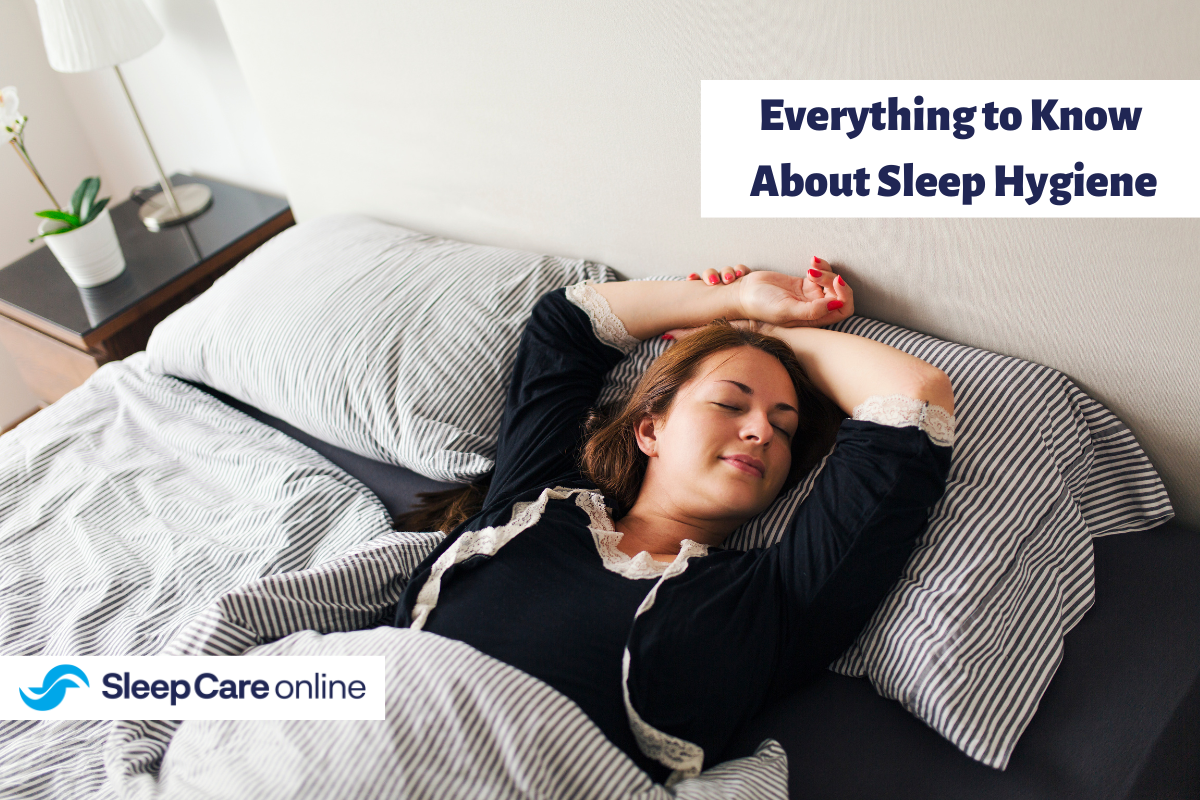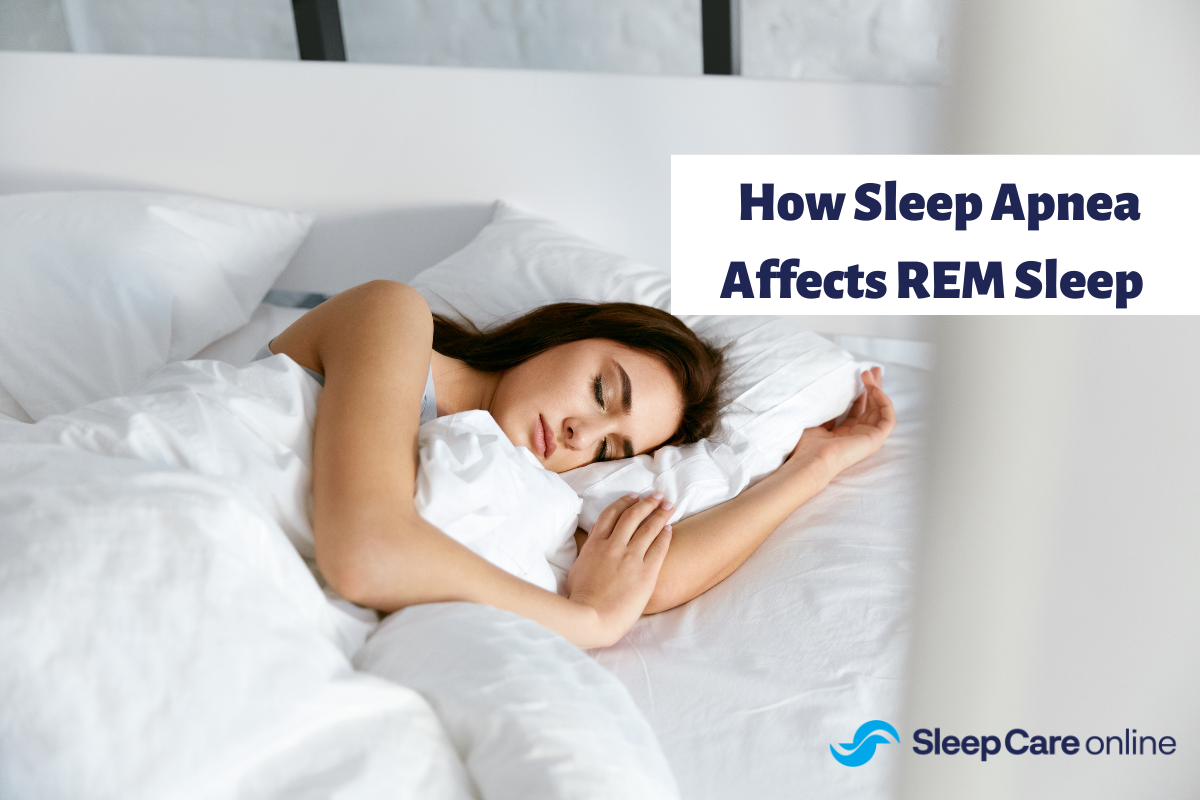Key Takeaways
Sleep apnea patients should explore all potential treatments. But they should also consult with their doctor about those treatments to ensure they are safe and the best option for their sleep apnea.
- CPAP therapy continues to be the most common treatment which requires a prescription.
- Lifestyle changes such as losing weight or quitting smoking can help some mild cases of sleep apnea without additional treatment.
- Salt therapy is also an option that can help some sleep apnea patients get relief from inflammatory issues that might be aggravating their sleep apnea.
Sleep apnea patients have always relied on CPAP therapy as their primary form of treatment. But other lifestyle changes from diet to quitting habits like smoking can all reduce the severity of sleep apnea. Now a new salt therapy is gaining popularity as a non-invasive and natural treatment for sleep disorders.
What Is Sleep Apnea?
Sleep apnea is a potentially serious sleep disorder in which breathing repeatedly stops and starts. If you snore loudly and feel tired even after a full night’s sleep, you might have sleep apnea. There are three types of sleep apnea: obstructive sleep apnea, central sleep apnea, and complex sleep apnea syndrome.
What Is Obstructive Sleep Apnea?
Obstructive sleep apnea (OSA) is the most common form of the sleep disorder. It occurs when the throat muscles relax during sleep causing the airway to close up momentarily, causing a brief loss of air called “apneas”. People with OSA wake up throughout the night frequently gasping for air, which eventually leads to chronic sleep deprivation.
What Is Central Sleep Apnea?
Central sleep apnea starts in the brain. When the brain fails to send the proper signals to the muscles that control breathing, periodic loss of air occurs throughout the night. People suffering from central sleep apnea experience episodic gasping at night, which leads to sleep deprivation much like OSA patients.
What Is Complex Sleep Apnea?
Complex sleep apnea syndrome occurs when a patient experiences both aspects of obstructive apnea and central sleep apnea, resulting in a more complex syndrome. Both the muscle relaxation of the throat and failed brain signals lead to frequent episodic periods of gasping throughout the night, which leads to chronic sleep deprivation.
Salt Therapy
Salt therapy is a holistic spa-style treatment that involves sitting in a room aerated with natural sea salt. Patients relax in the room for periods of up to 45 minutes breathing the salt-enriched air. The salt air is believed to alleviate inflammation in the respiratory system and open up air passages in the throat and nose.
What is a Salt Room?
A salt room, also known as halotherapy, is a form of alternative medicine that makes use of salt to improve a person’s breathing. A salt room can be used as a form of treatment for various respiratory illnesses. As mentioned above, a salt room is filled with natural sea salt and relaxing decor, intended to improve the immune system, absorb any toxins or allergens, and eliminate them from the body, which results in reduced inflammation, reduced mucus, and easier breathing.
About Sleep Apnea Treatment
Salt therapy may help sleep apnea patients by reducing throat muscle inflammation. Salt therapy is just one of the common treatments for sleep apnea. Mostly patients will turn to CPAP therapy which uses a CPAP machine to blow pressurized air through a mask to keep airways open at night. More complex cases may involve surgery to correct irregular throat muscles.
How are Salt Therapy and Sleep Connected?
Since the environment is designed to help heal the body and promote relaxation, the calming effects of salt therapy can help someone clear their mind and airway, resulting in better quality sleep. Not only does salt therapy promote healthy and quality sleep, it can also reduce snoring in some cases.
How Are Salt and Sleep Apnea Related?
Salt plays an important role in reducing inflammation in the respiratory system which relates to sleep apnea. Often the throat muscles can become swollen and tense in sleep apnea patients. Salt therapy acts to alleviate that inflammation. Frequent visits to a salt therapy spa can open up the air passages in a sleep apnea patient so they can breathe more easily.
How Salt Therapy Can Help in Fighting Sleep Apnea?
Many patients with sleep apnea may find the use of CPAP machines difficult. Breathing pressurized air nightly and using a CPAP mask are adaptations that many patients with sleep apnea have a hard time acclimating to. Salt therapy is one option that may supplement CPAP therapy or possibly replace it for some patients. Sleep apnea patients should always consult with their doctor before seeking out salt therapy as a treatment.
If you’re wondering if you have sleep apnea, Sleep Care Online, a simple, safe, and affordable way to get tested for sleep disorders from the comfort of your home, offers a free risk assessment to help you get started. Take it today, and reach out with any questions by calling 866-465-4478.





